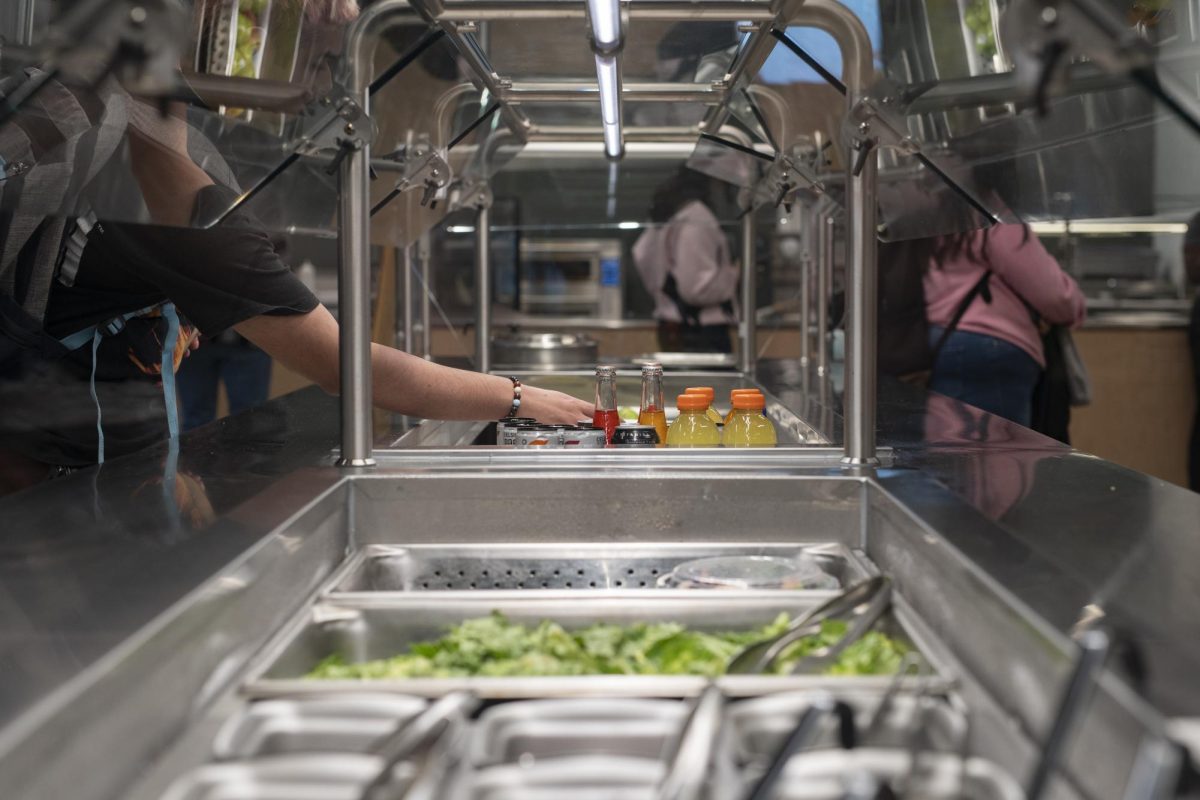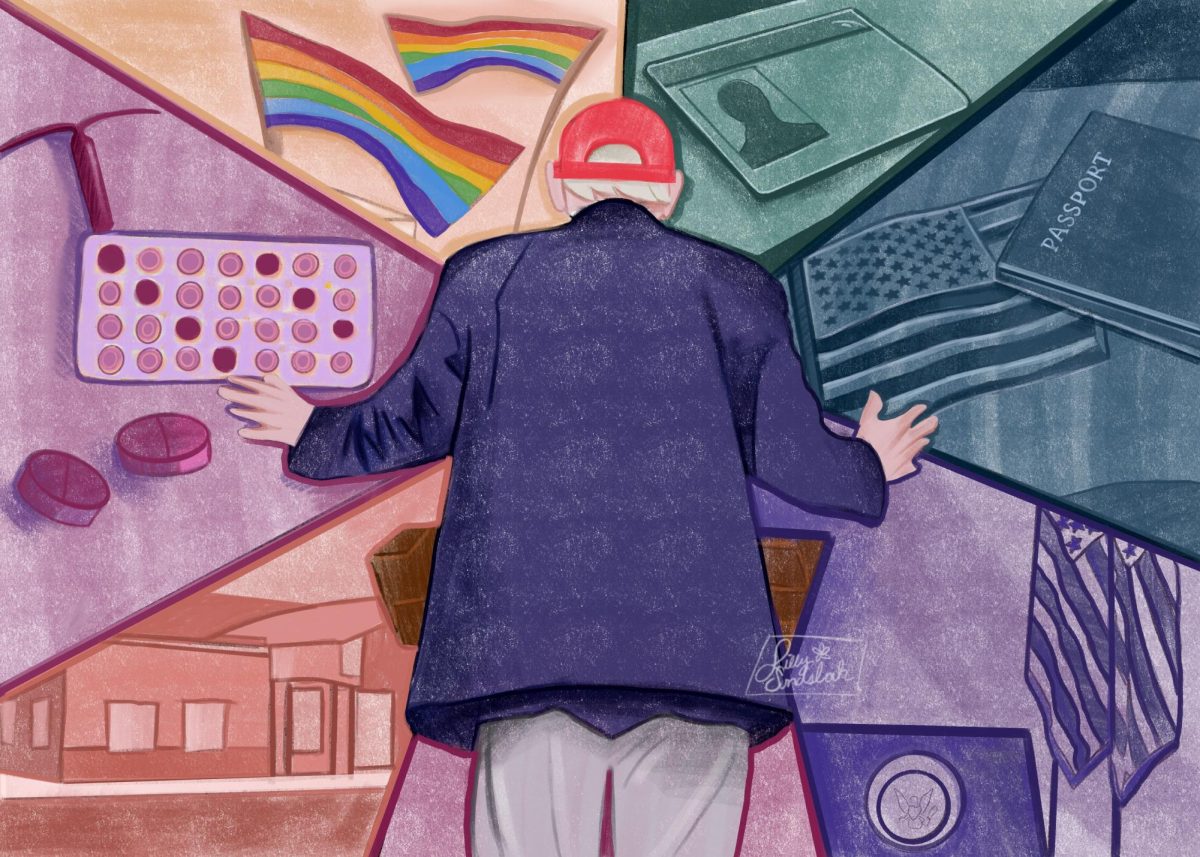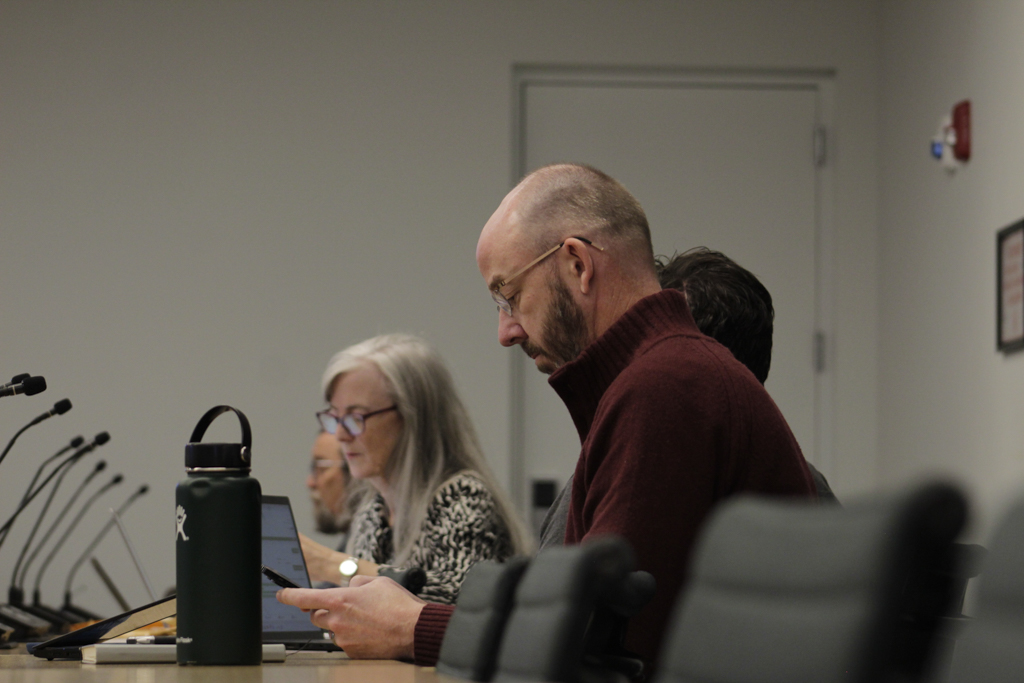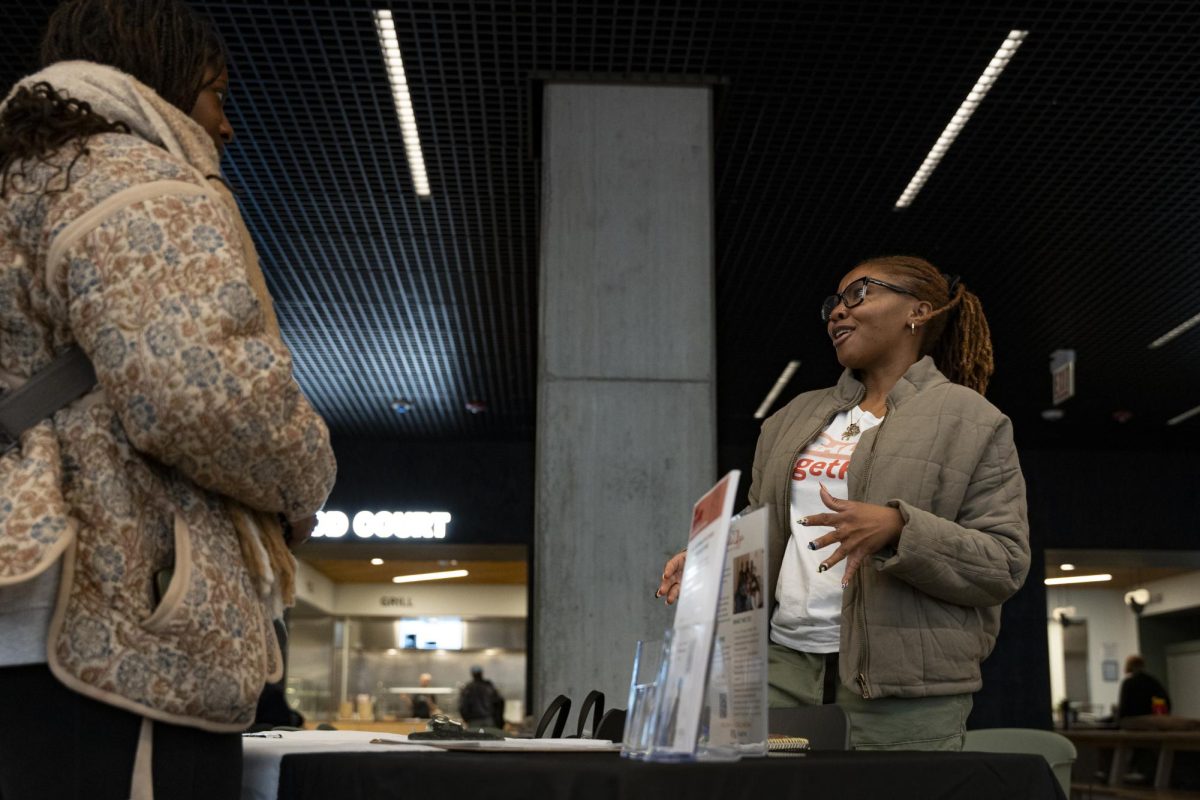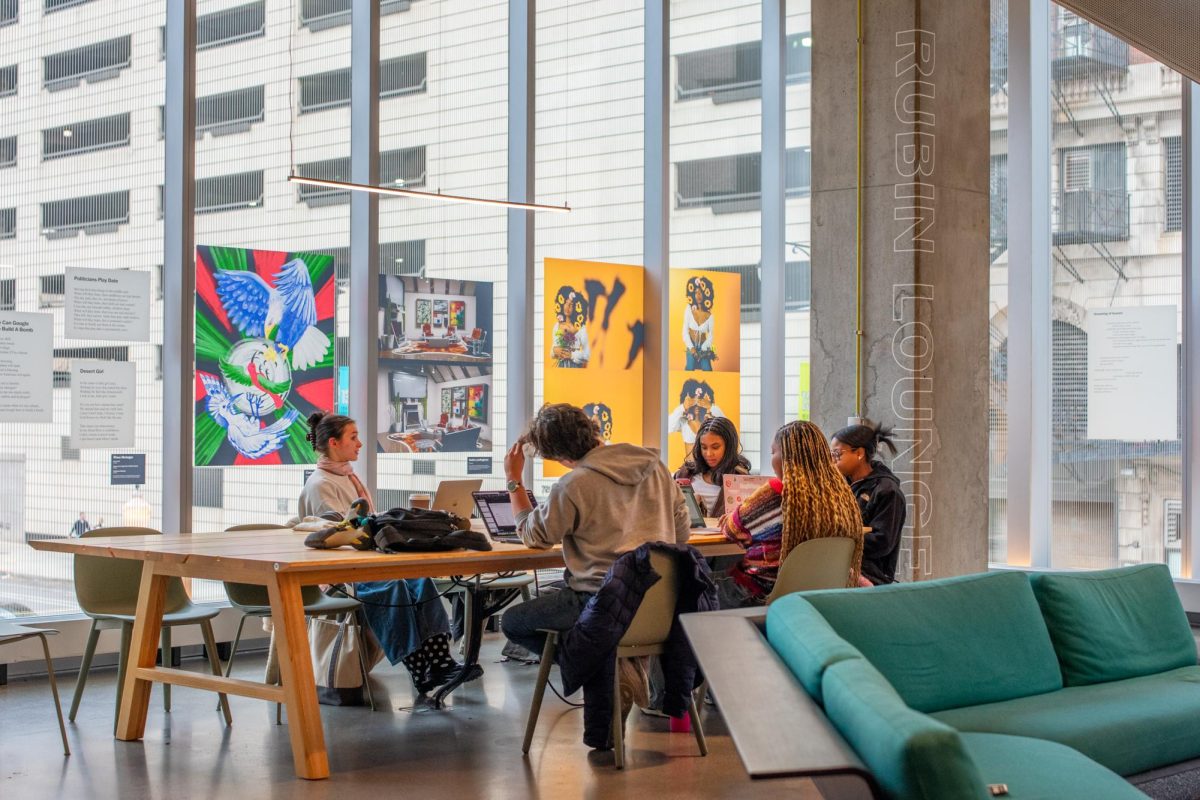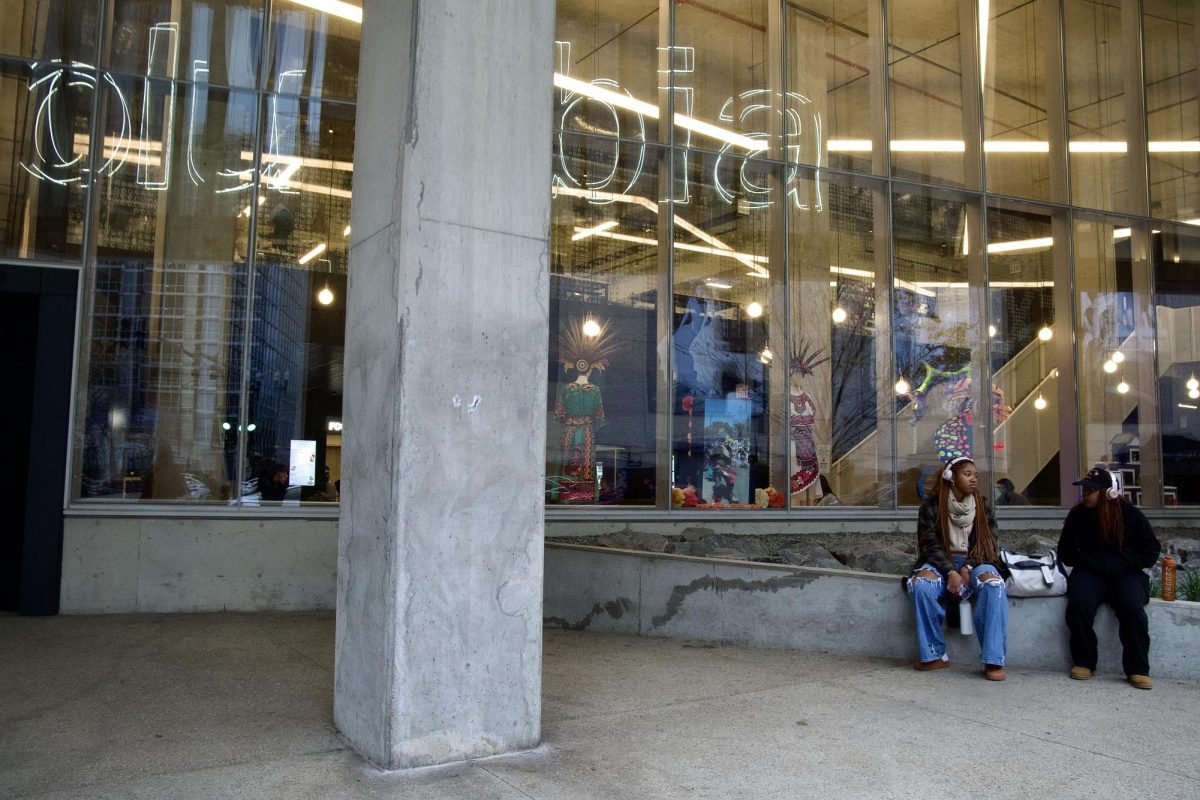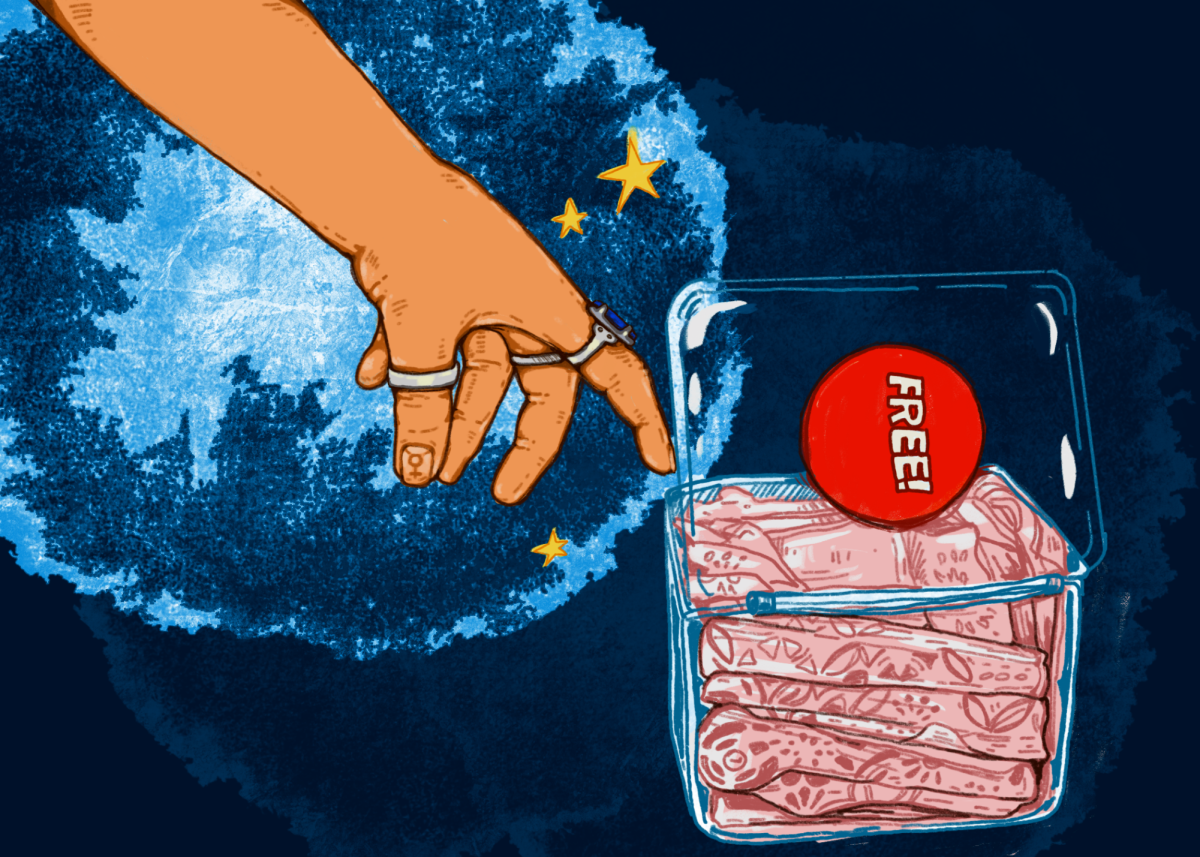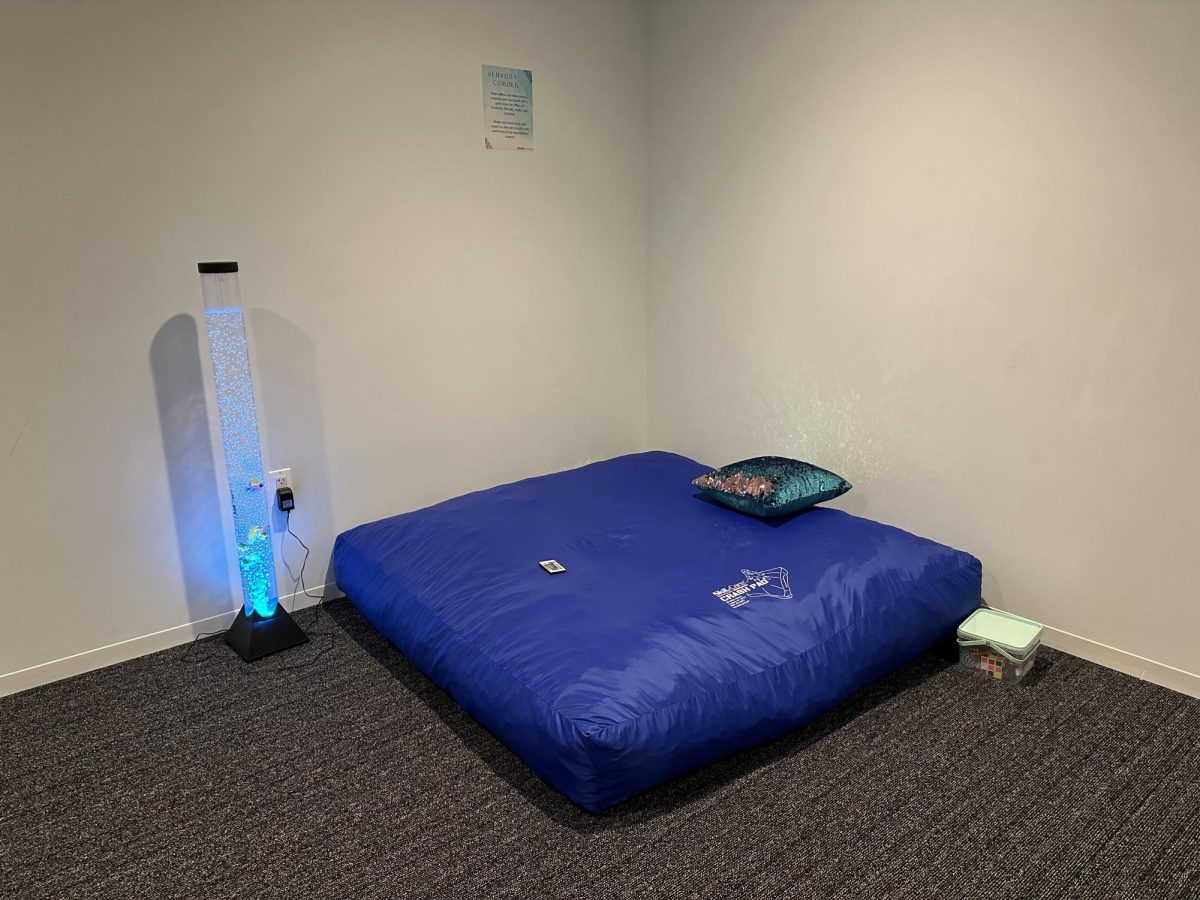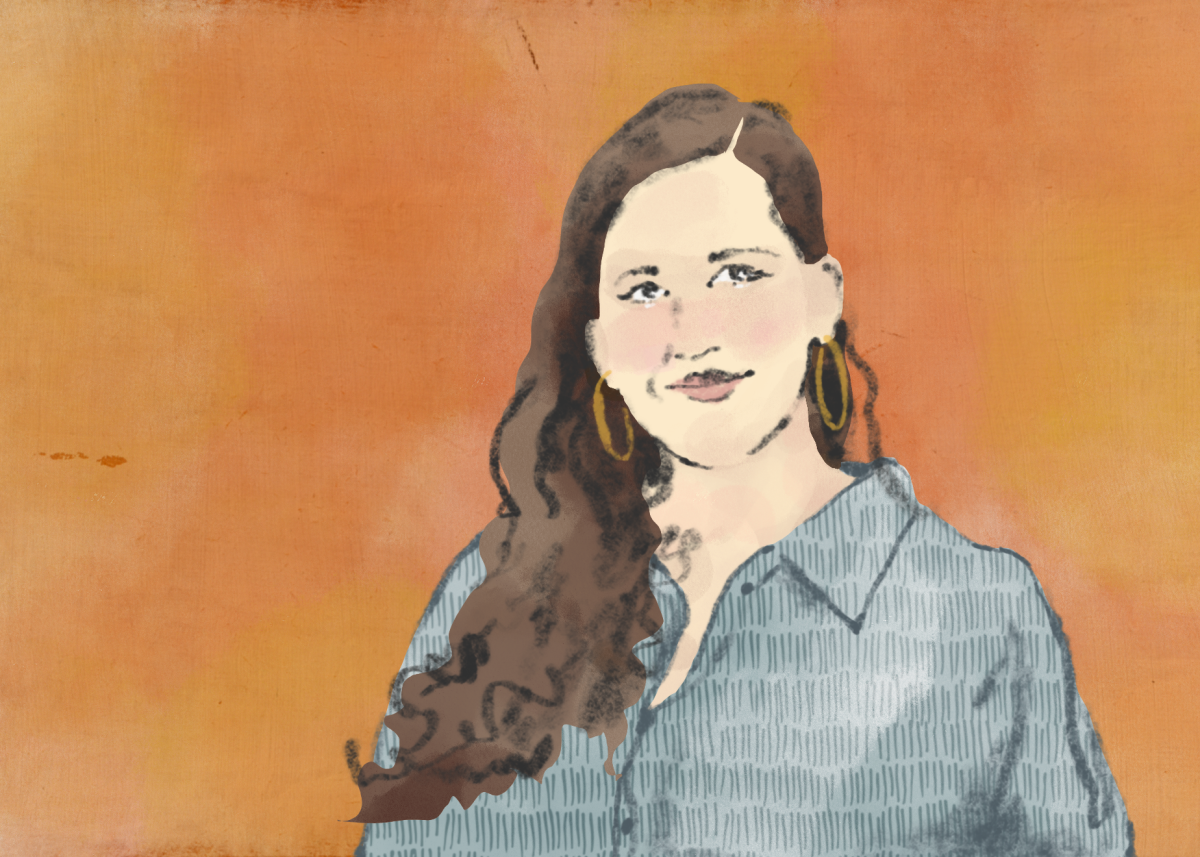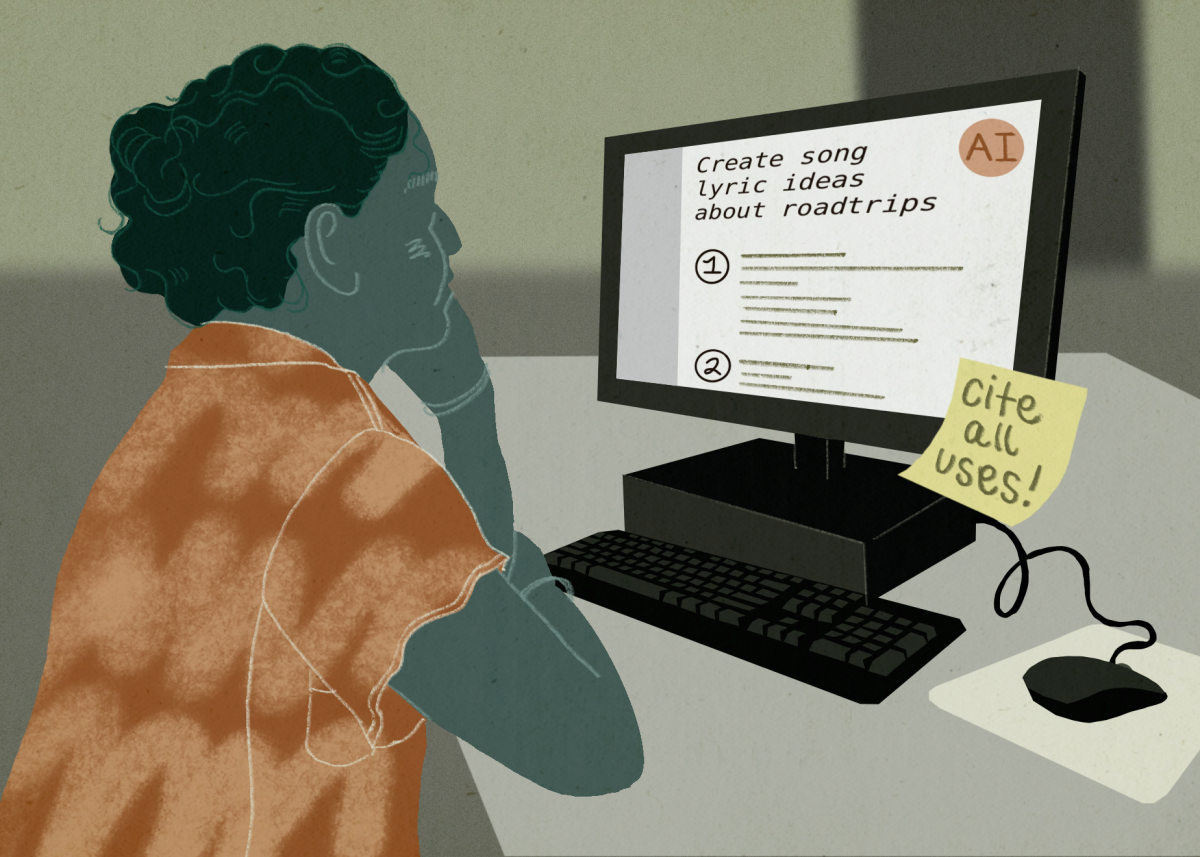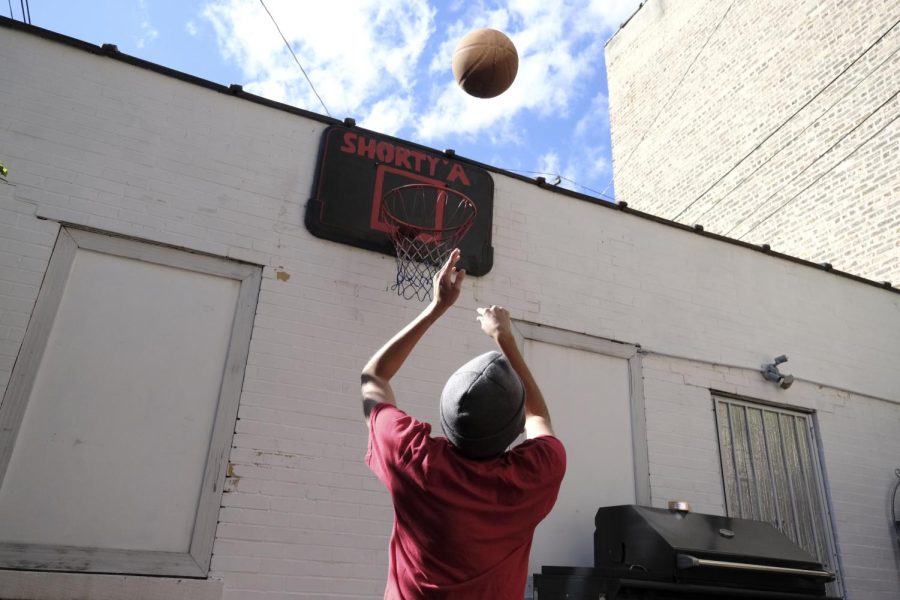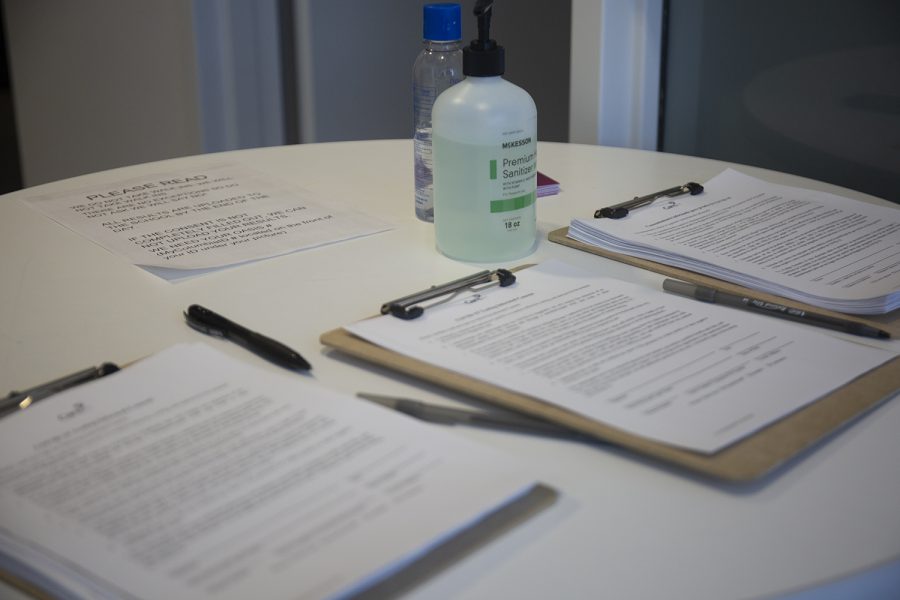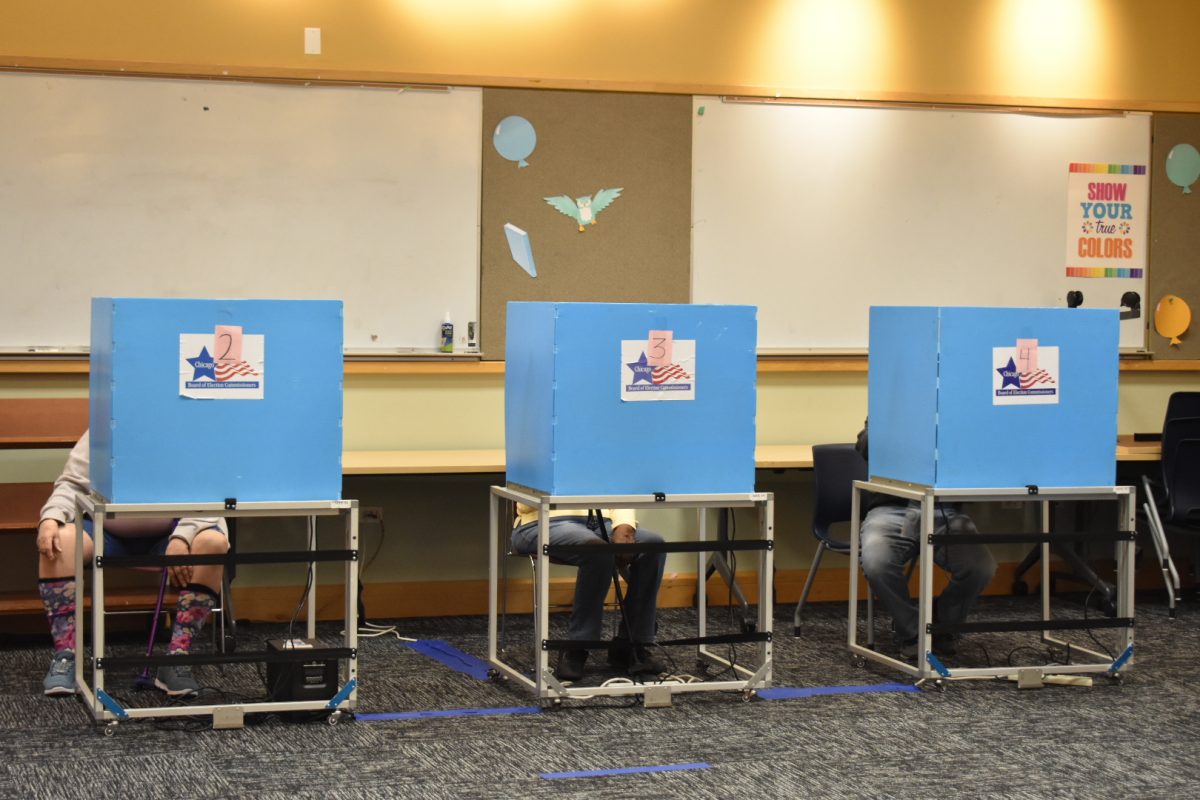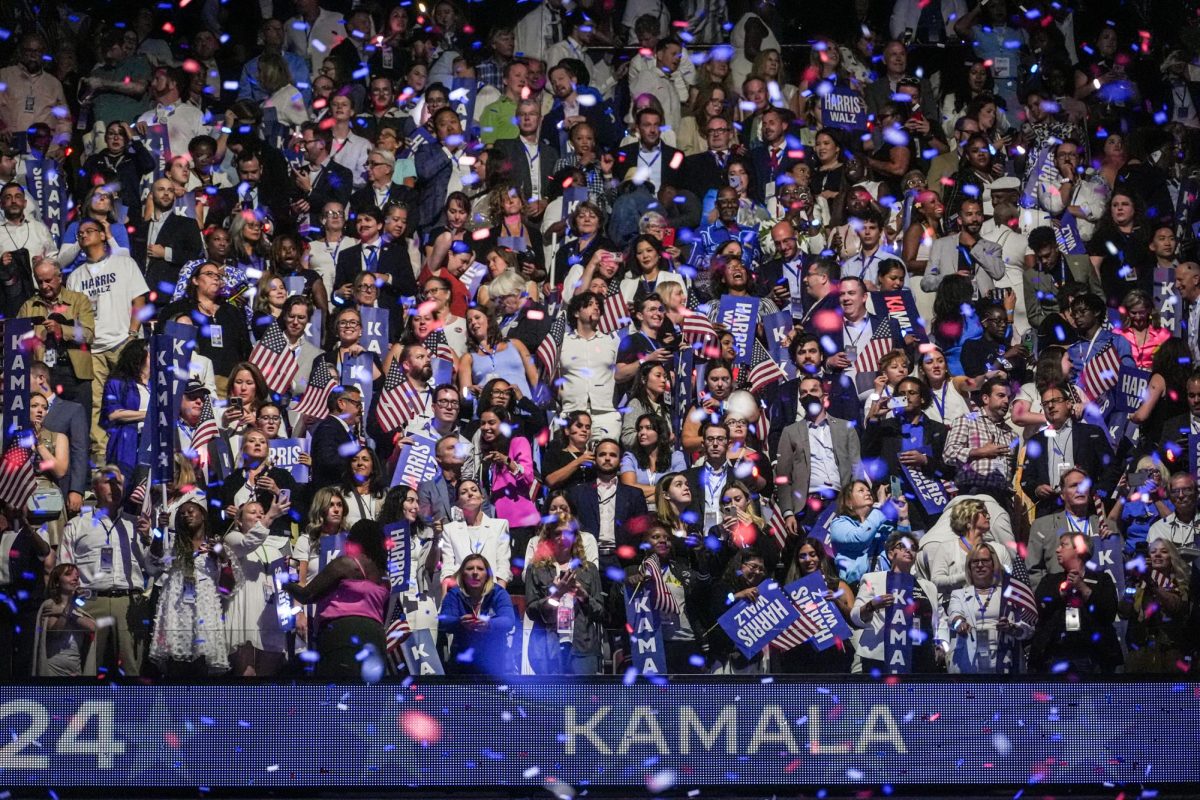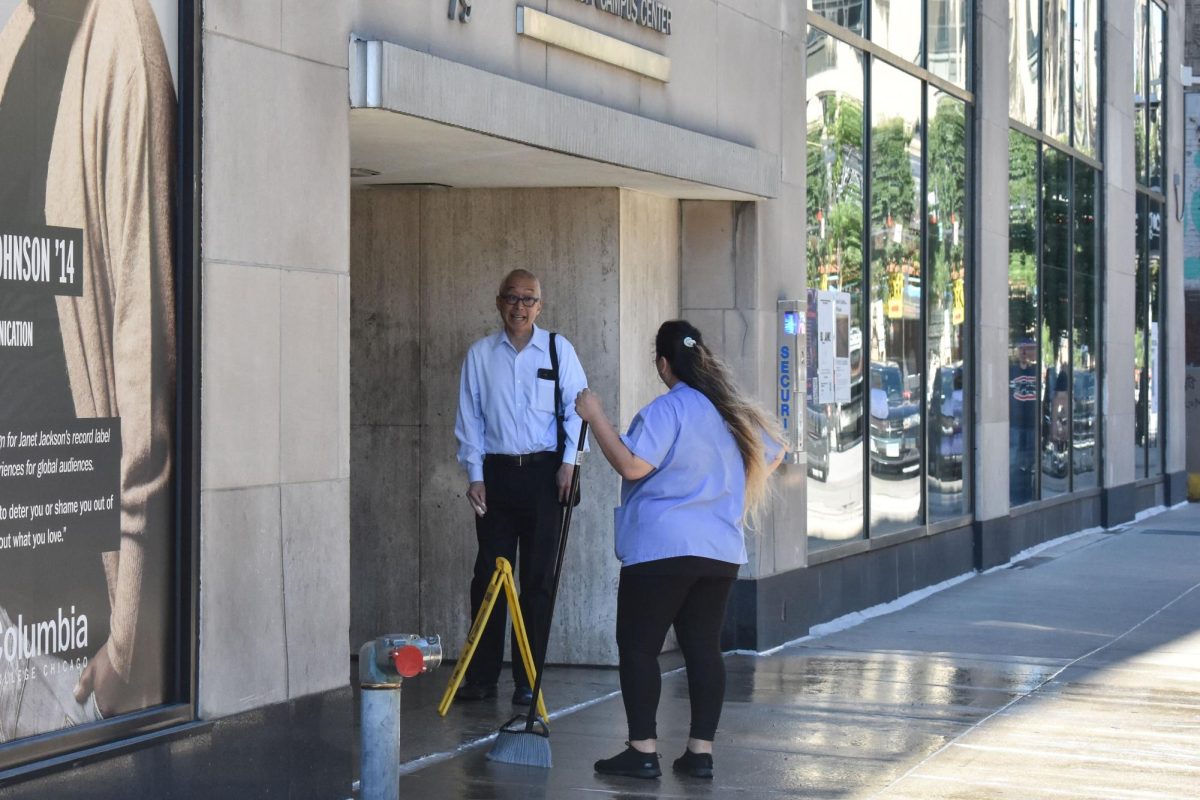Aries Hornbuckle, a junior film and television major, wakes up at 7:30 a.m. to make their commute to the South Loop from Gary, Indiana.
Some days Hornbuckle has classes from 9 a.m. to 6 p.m. and needs to eat during those times. Since they commute, they don’t get a meal plan. As a student in a low-income household, Hornbuckle has struggled to afford food around campus.
“If I do manage to have money to buy my own food that week, the cheapest place I can find and have access to is the Student Center. Those prices are decently cheap but there are no healthy, fresh options,” Hornbuckle said. “Even if there’s fruit or something, it’s cheaper to just get fries.”
Prices at the Student Center vary, but few food items are priced above $10. French fries are $2.50, chicken tenders are $4.75 and burgers are $5.50 for regular and veggie.
Hornbuckle also believes other students don’t know about food options on campus. First-year students told Hornbuckle they’d either wait until they got home or Uber to a McDonald’s.
“I was just lucky enough to stumble upon the Student Center and see that they have food that was pretty cheap. Like a lot of people don’t know and that sucks for those students.”
While Hornbuckle’s story is just one student at Columbia, there is evidence that more students are experiencing the same issues. One program, ColumbiaCares, attempts to solve this problem.
An emergency fund established by Columbia students in 2012, ColumbiaCares offers students care packages of donated food. The bags usually contain five-to-seven days’ worth of food including fruits and vegetables, snacks like crackers and granola bars, a source of grain, and four-to-five ready-made meals with the addition of milk or water. ColumbiaCares also works around allergies and vegetarian diets.
Students can apply for a care package once per semester and last year ColumbiaCares reported that 21 students used the care package system. As of early October, it has been used 15 times this semester.
Kari Sommers, associate dean of Student Life, helps administer ColumbiaCares.
“We did a lot of research on best practices across the country and in food insecurity with college students. What many colleges do is extraordinarily labor intensive and really hard to sustain is a food pantry,” Sommers said. “So we took another approach and took the model of the care packages, that way we were able to maintain an inventory.”
ColumbiaCares has partnerships around campus, including with the Student Government Association, to help fund the care packages.
But do students know about this service?
Bria Hall, a junior musical theater major, has also had problems acquiring affordable food.
Though she heard about ColumbiaCares once at new student orientation, the service is “not really talked about,” Hall said. “I didn’t even know where it was until maybe a month or two into me starting at Columbia.”
Sommers said advertising ColumbiaCares has been difficult.
“Marketing anything at Columbia is somewhat of a challenge because there’s just so much,” Sommers said.
Danne Wendel, a junior creative writing major, commutes to campus from the Uptown neighborhood, and doesn’t get a meal plan. Between the price of food in the South Loop and having limited time between classes, Wendel said he has learned to pack his own lunches.
Wendel is a TRIO student and joined the program in the spring of their first year at Columbia.
TRIO is a national federally funded organization at Columbia that assists low-income, first-generation, and disabled students in their goals toward graduation. TRIO has offered seminars for students applying for SNAP, the State of Illinois food stamp program. The last seminar held was Oct. 3. Wendel, who was at the session said, “it was a full house.”
In an interview with The Chronicle, the Director of TRIO at Columbia, Roy Saldana Jr., said the seminars were created because the price of tuition and rent leaves TRIO students concerned about how to afford food.
“We knew that we wanted to focus on this particular service [SNAP] because of the word of mouth that we get about food insecurity and students are paying very high big city rents,” Saldana said. “Columbia is a bit of a challenge for a lot of TRIO students.”
Saldana believes SNAP is important because if students attend class hungry it’s going to have effects on their learning and retaining of information.
TRIO also does more for students seeking food assistance. They help students seek connections around Chicago like food pantries or cheap groceries.
“One of the roles of being a TRIO staff member is to be a researcher,” Saldana Jr. said. “Our job is to really comb the community, comb the campus and word of mouth to find solutions and support.”
Students can also apply to TRIO student, however, the program only has capacity to take 160 students out of the roughly 6,500 students at the college.
Saldana said they can and do help non-TRIO students but can only answer quick questions and give referrals to resources on or off campus. TRIO is also partnered with ColumbiaCares and refers students to them as well.
While Columbia does have safety nets in place for students to fight the issue of food insecurity, students believe more work could be done.
Wendel believes Columbia is taking steps to help but there is still a gap.
“I think we could be doing more,” Wendel said. “I know we have a little food library but I do believe that it could be a bit more extensive.”
Hall said there needs to be more knowledge of these resources around campus.
“I think that the money we do pay for Columbia, they should advertise these resources that we do have because a lot of people don’t know about them,” she said.


